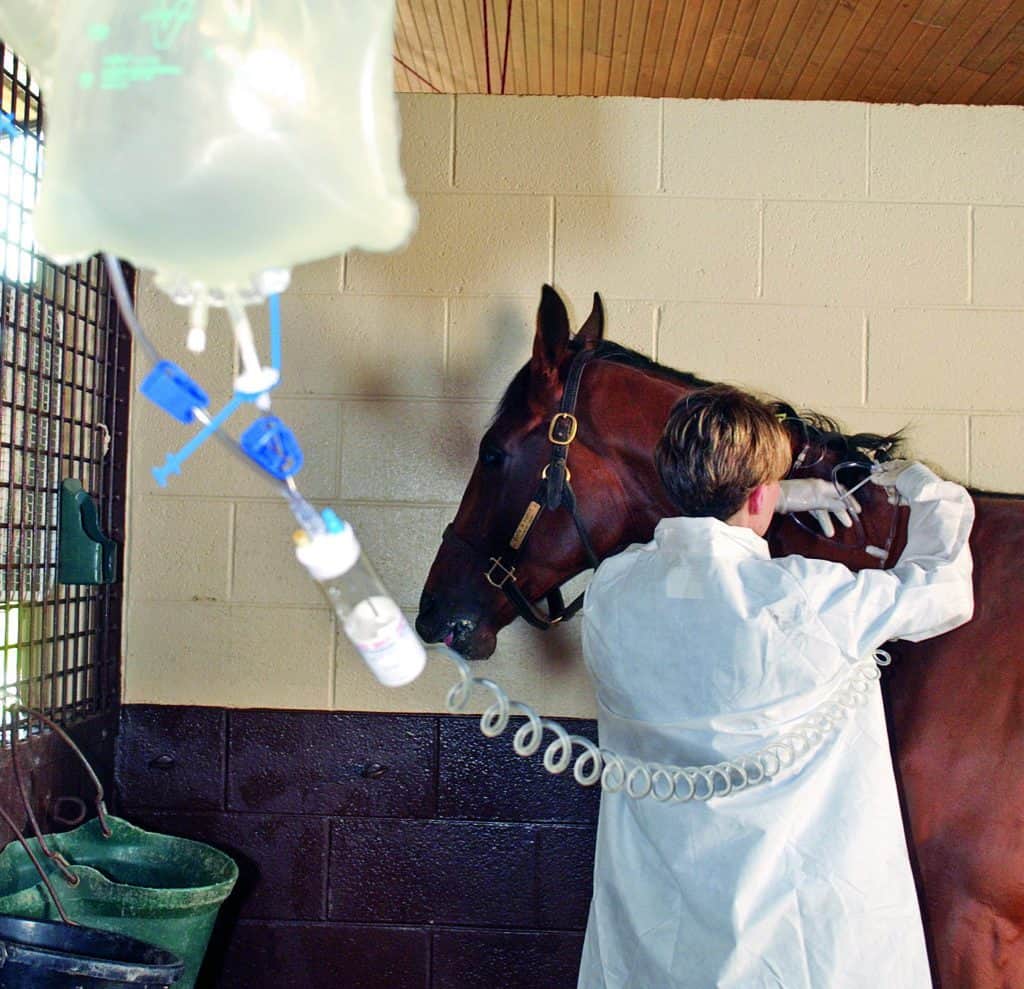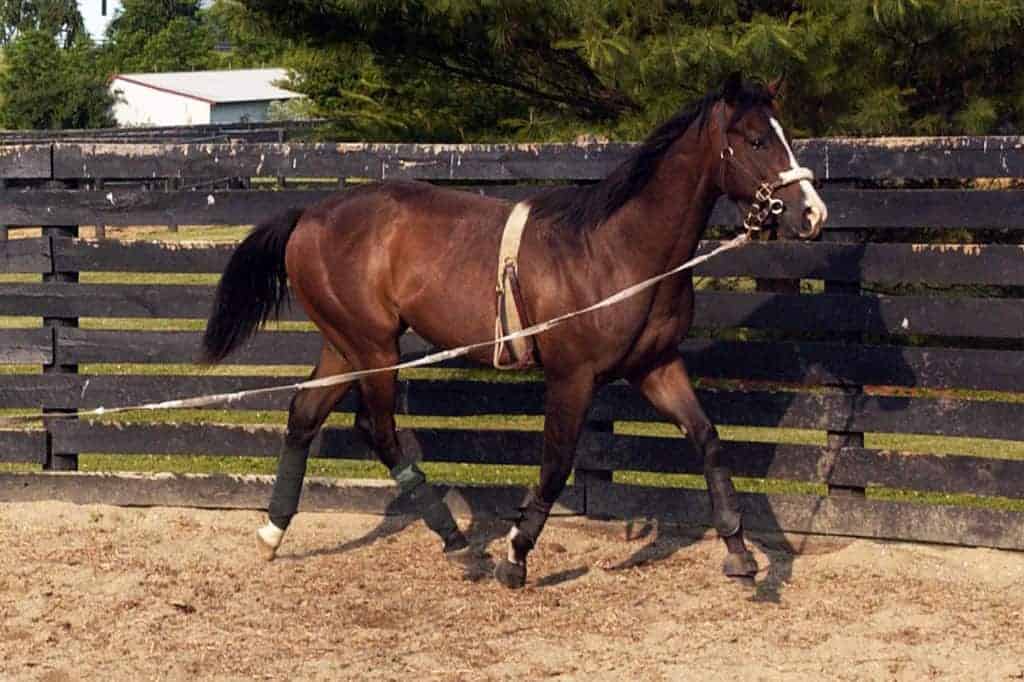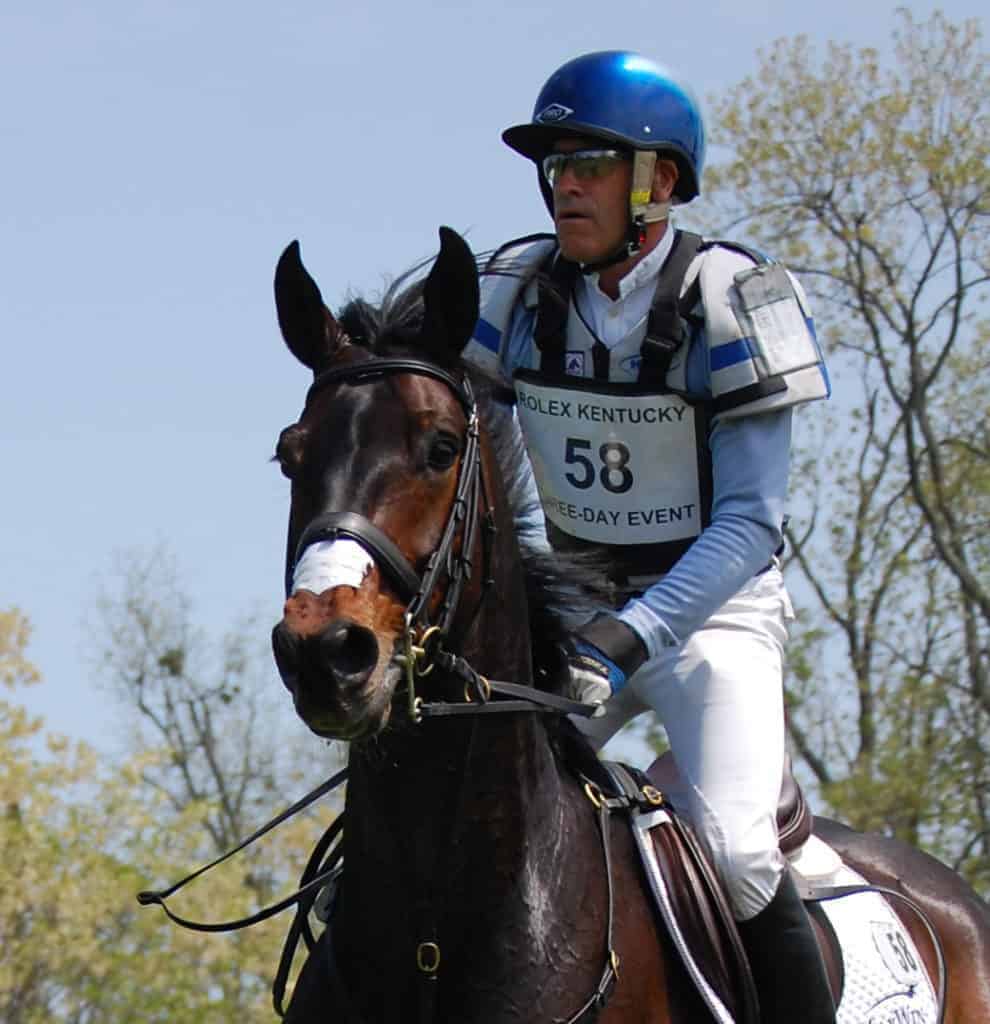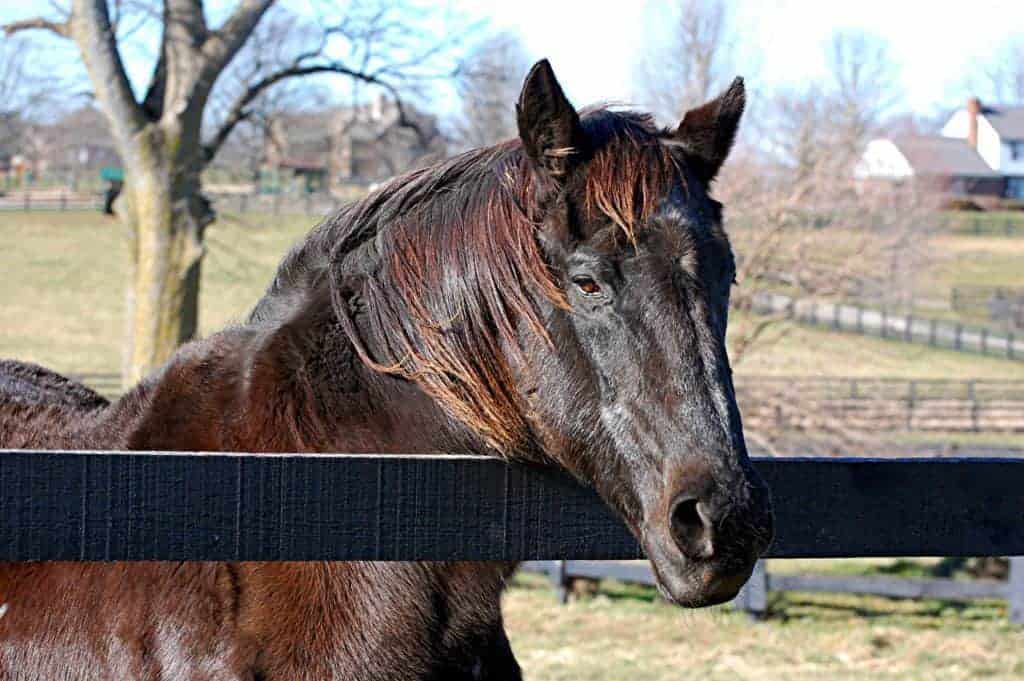
Understanding Equine Movement Disorders
More research is needed to fully understand equine movement disorders such as shivers and stringhalt.

More research is needed to fully understand equine movement disorders such as shivers and stringhalt.

Understanding equine acute rhabdomyolysis can help ensure affected horses receive appropriate veterinary care.
One veterinarian shares his thoughts on the past, present, and future of stem cells in equine medicine.

Muscular causes of poor performance, such as tying up and back pain, are relatively common in equine athletes.

Researchers collected information about health problems experienced by young horses being prepped for sale.

While some studies support the use of equine nasal strips, others have yielded less promising results.

Dutch scientists determined that all non-natural head and neck positions affect horses’ breathing.

Researchers now believe the microflora residing in the hindgut could contribute to equine obesity.
Eighteen cases identified in France, four in Great Britain, and one in New Zealand.

Researchers found that some horses with inflammatory small bowel disease could have a gluten intolerance.

Research finds withholding a horse’s feed reduced heart rate and increased atrioventricular block frequency.

Research indicates that most sound horses’ movements differ depending on direction of travel on a circle.

An understanding of how the biology of aging affects the older horse has become increasingly important.
Researchers have discovered a mutation in the New Forest pony’s DNA that can cause this muscular disease.
A recent study suggests that with supportive care affected foals can lead healthy and productive lives.

Researchers and veterinarians are still working to better understand both the etiology and the disease itself.
Stay on top of the most recent Horse Health news with
"*" indicates required fields